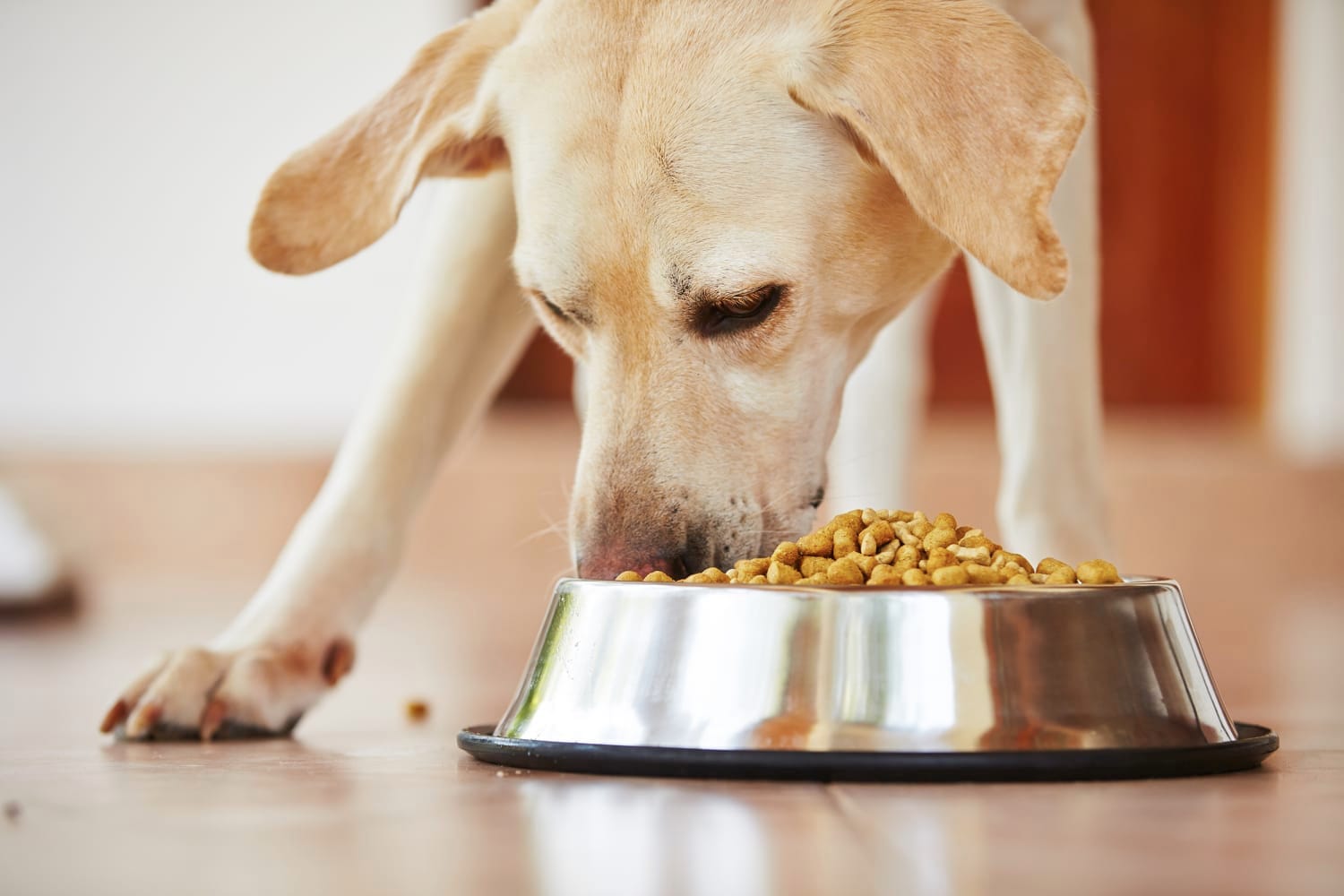Every dog owner wants to ensure their furry friend is happy, healthy, and well-fed. But how do you determine the best feeding schedule for your dog? The answer depends on factors like age, breed, activity level, and health conditions. Establishing a consistent and balanced feeding schedule is essential for maintaining your dog’s overall well-being. Whether you’re feeding a young pup, an active adult, or a senior dog, understanding their unique needs can help you make the best choices.
Why a Feeding Schedule Matters
Feeding your dog at regular intervals helps maintain a routine that supports their digestive health and energy levels. Dogs thrive on consistency, and an irregular feeding schedule can lead to behavioral issues, weight gain, or health complications. Additionally, a structured feeding routine can:
- Prevent overeating or underfeeding.
- Reduce the risk of obesity and related illnesses.
- Aid in house training, especially for puppies.
- Promote better digestion and nutrient absorption.
Determining the Right Feeding Frequency
Puppies: Frequent Feedings for Growth
Puppies have high energy needs and small stomachs, so they require multiple small meals throughout the day. For most puppies:
- 6-12 weeks old: Feed four meals a day.
- 3-6 months old: Transition to three meals a day.
- 6-12 months old: Gradually reduce to two meals a day.
According to the American Kennel Club, it’s crucial to provide high-quality puppy food that meets their growing needs.
Adult Dogs: Balancing Activity and Metabolism
Most adult dogs thrive on two meals a day—one in the morning and another in the evening. This schedule supports their energy levels and digestion. However, active breeds or working dogs may require additional meals or snacks to meet their caloric needs. It’s essential to monitor portion sizes to avoid overfeeding, which can lead to weight gain.
Senior Dogs: Adjusting for Age
Senior dogs often have slower metabolisms and reduced activity levels, so their feeding schedules may need to be adjusted. Two smaller meals a day are typically sufficient, but consult your veterinarian to determine the best approach based on your dog’s health and dietary needs. Older dogs may benefit from specialized senior dog food to support joint health and digestion.
How Much Should You Feed Your Dog?
The amount of food your dog needs depends on their size, breed, activity level, and age. Most commercial dog foods provide feeding guidelines based on weight, but these are general recommendations. Adjust portion sizes as needed to maintain a healthy weight. Regularly monitoring your dog’s body condition and consulting your veterinarian can help ensure they’re getting the right amount of food.
Tips for Establishing a Feeding Routine
Creating a consistent feeding schedule doesn’t have to be complicated. Here are some practical tips:
- Choose Consistent Times: Feed your dog at the same times every day to help establish a routine.
- Provide Fresh Water: Always ensure your dog has access to clean, fresh water alongside their meals.
- Avoid Free-Feeding: Leaving food out all day can lead to overeating and obesity. Stick to set meal times instead.
- Use Appropriate Bowls: Invest in the right feeding tools, like slow feeder bowls for fast eaters or elevated feeders for large breeds.
- Monitor Appetite and Behavior: Changes in eating habits can signal health issues. Contact your vet if your dog consistently skips meals or seems unusually hungry.
Common Feeding Mistakes to Avoid
- Overfeeding: Portion control is key. Use a measuring cup to avoid accidental overfeeding.
- Feeding Inappropriate Foods: Avoid giving your dog human foods that are toxic, like chocolate, grapes, or onions.
- Skipping Meals: Consistency is crucial. Skipping meals can upset your dog’s digestive system.
- Ignoring Special Dietary Needs: Dogs with allergies, sensitivities, or health conditions may require specific foods or feeding schedules.
Special Considerations for Feeding Schedules
Certain dogs may need customized feeding routines based on their individual needs:
- Dogs with Medical Conditions: Dogs with diabetes or other health issues often require timed meals to regulate their blood sugar levels.
- Pregnant or Nursing Dogs: These dogs need extra calories and more frequent feedings to support their energy demands.
- Underweight or Overweight Dogs: Adjust portion sizes and meal frequency to help your dog reach a healthy weight.
The Bottom Line
A well-planned feeding schedule is crucial for your dog’s health and happiness. Puppies, adults, and seniors all have unique needs that should be reflected in their feeding routines. By sticking to consistent meal times, monitoring portion sizes, and selecting high-quality food, you can ensure your pup stays healthy and energized.
For more tips on dog nutrition, check out resources like PetMD and consult your veterinarian to create a feeding plan tailored to your dog’s specific needs.

